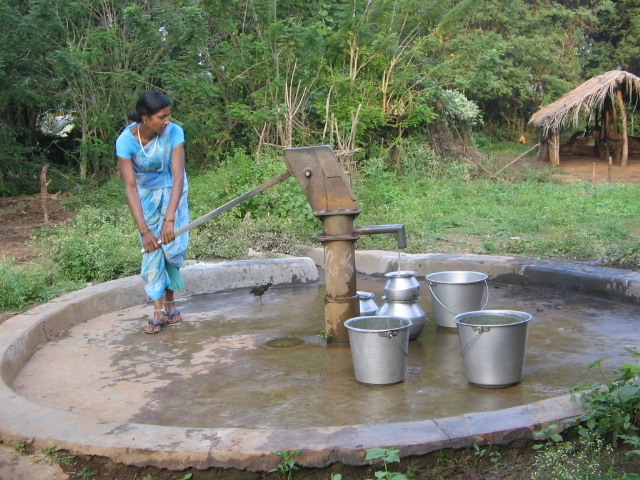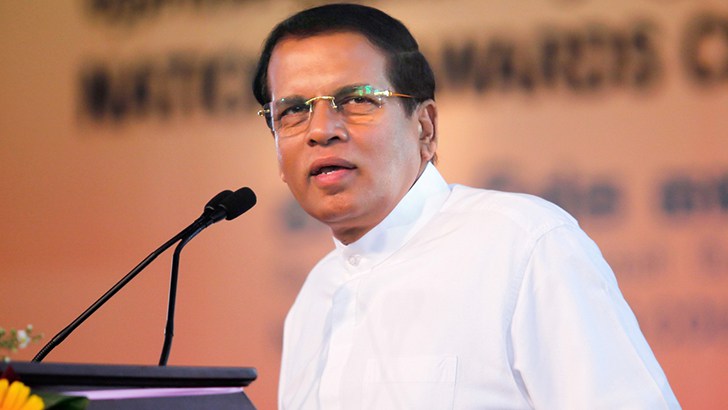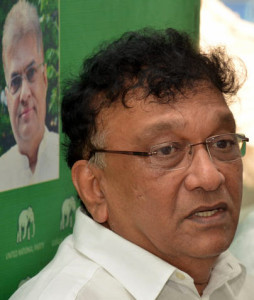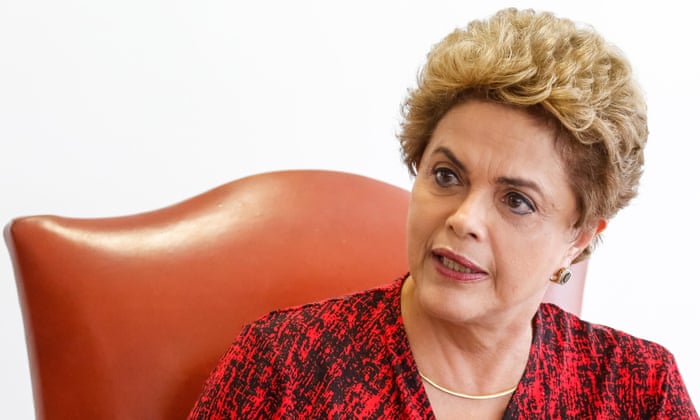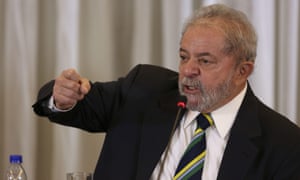 By Ishaan Tharoor-March 30
By Ishaan Tharoor-March 30A wing of a far-right party in Germany is readying a proposal to ban the "construction and operation" of mosques. The plan was articulated in a 45-page policy document put forward by members of a Bavarian branch of the Alternative for Germany, or AfD, a far-right, anti-immigration party that hadan impressive showing in regional elections earlier this month.
The draft policy, titled "Courage to take responsibility," states that "Islam does not belong to Germany" and argues that mosques lead to "the spread of Islamic teachings directed towards the removal of our legal order," according to the Deutsche Welle news agency.
The Koran, the holy book of Islam, is full of "lies and deception," the paper says, warning that Islam "has already arrived at its declared path to world domination in 57 out of 190 countries."
The AfD's leadership in Bavaria distanced itself from the proposal, which apparently came from a particularly right-wing branch of the party in Lower Bavaria, an administrative region of the southern German state. It's unlikely that the call to ban mosques would ever be heeded.
About 4 million Muslims live in Germany, a country with a population of about 80 million. There are 184 new mosque projects underway in the country, according to a leading German Muslim group.
The AfD was founded in 2013 in opposition to Germany's proposed bailout of debt-ridden Greece. Its Euroskepticisim, like those of other populist parties on the continent, morphed with fears of Muslim immigration.
"It’s a similar phenomenon as [GOP front-runner Donald] Trump," Heinrich Oberreuter, a political scientist at the University of Passau, told my colleague Anthony Faiola this month when explaining the AfD's success. "People are angry at the political establishment, and they feel they are not being taken seriously. Political elites are the targets. Alternative for Germany is an expression, an articulation of this imprecise feeling of dissent."
The party's rise has been particularly conspicuous in Germany, which is understandably wary of far-right, ultranationalist politics. In its campaign literature, the AfD urged Germans to abandon their guilt over the Nazi past.
“A one-sided focus on 12 unlucky years of our history obstructs our view of centuries, in which a unique culture and state order was created," an AfD election pamphlet read.
Read more
 As the route to Europe closes, migrants journey through grief
As the route to Europe closes, migrants journey through griefMigrant ‘exchange’: Turkey accepts mass returns but sends Syrians to Europe
Most of the refugees stuck in Greece are now women and children






